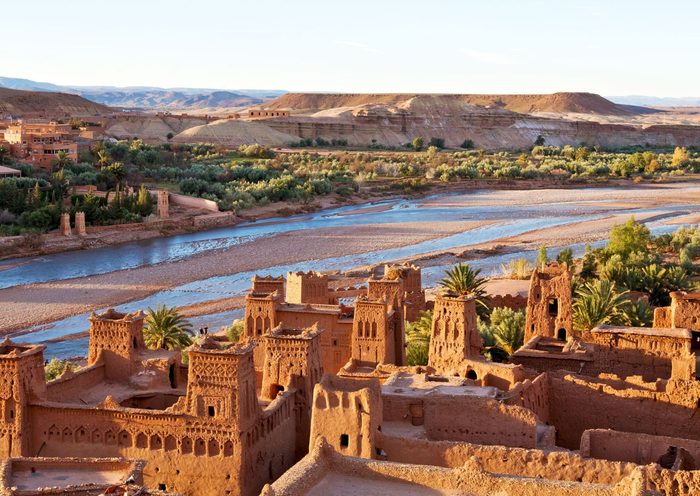
Morocco History and culture, Morocco Tours, Morocco Small Group Tours, Morocco Vacation, Morocco Vacation Packages, Morocco Vacation Spots, Morocco Tours, Morocco Sahara Tour, Marrakech Morocco Attractions, Day Trips Marrakech Morocco, How to Travel in Morocco, and Marrakech Morocco Tourism. Holiday Destinations Morocco, Morocco Luxury Tour, Morocco Family Tours, Morocco Adventure Tour.
| Morocco History The history of human habitation in Morocco spans since Lower Paleolithic, with the earliest known being Jebel Irhoud. Much later Morocco was part of Iberomaurusian culture. It dates from the establishment of Mauretania and other ancient Berber kingdoms to the establishment of the Moroccan state by the Idrisid dynasty followed by other Islamic dynasties, through to the colonial and independence periods. Archaeological evidence has shown that the area was inhabited by hominids at least 400,000 years ago. The recorded history of Morocco begins with the Phoenician colonization of the Moroccan coast between the 8th and 6th centuries BCE, although the area was inhabited by indigenous Berbers for some two thousand years before that. In the 5th century BCE, the city-state of Carthage extended its hegemony over the coastal areas. They remained there until the late 3rd century BCE, while the hinterland was ruled by indigenous monarchs. Indigenous Berber monarchs ruled the territory from the 3rd century BCE until 40 CE when it was annexed to the Roman Empire. In the mid-5th century AD, it was overrun by Vandals, before being recovered by the Byzantine Empire in the 6th century. The region was conquered by the Muslims in the early 8th century AD but broke away from the Umayyad Caliphate after the Berber Revolt of 740. Half a century later, the Moroccan state was established by the Idrisid dynasty. Under the Almoravid and the Almohad dynasties, Morocco dominated the Maghreb and Muslim Spain. The Saadi dynasty ruled the country from 1549 to 1659, followed by the Alaouites from 1667 onwards, who have since been the ruling dynasty of Morocco. Reign of Mohammed VI (since 1999) With the death of King Hassan II of Morocco in 1999, the more liberal Crown Prince Sidi Mohammed took the throne, assuming the title Mohammed VI. He enacted successive reforms to modernize Morocco, and the Human -rights record of the country improved markedly. One of the new king’s first acts was to free approximately 8,000 political prisoners and reduce the sentences of another 30,000. He also established a commission to compensate families of missing political activists and others subjected to arbitrary detention. In September 2002, new legislative elections were held, and the Social Union Popular Forces (USFP) won a plurality. International observers regarded the elections as free and fair, noting the absence of the irregularities that had plagued the 1997 elections. In May 2003, in honor of the birth of a son, the king ordered the release of 9,000 prisoners and the reduction of 38,000 sentences. Also in 2003, Berber-language instruction was introduced in primary schools, prior to introducing it at all educational levels. In March 2000, women’s groups organized demonstrations in Rabat proposing reforms to the legal status of women in the country. 200,000 to 300,000 women attended, calling for a ban on polygamy, and the introduction of civil divorce law. Although a counter-demonstration attracted 200,000 to 400,000 participants, the movement was influential on King Mohammed, and he enacted a new Mudawana, or family law, in early 2004, meeting some of the demands of women’s rights activists. In July 2002, a crisis broke out with Spain over a small, uninhabited island lying just less than 200 meters from the Moroccan coast, named Toura or Leila by Moroccans and Perejil by Spain. After mediation by the United States, both Morocco and Spain agreed to return to the status quo, under which the island remains deserted. Internationally, Morocco has maintained strong ties to the West. It was one of the first Arab and Islamic states to denounce the 9/11 terrorist attacks on the United States. For complete details about Morocco history, please visit the Wikipedia |
